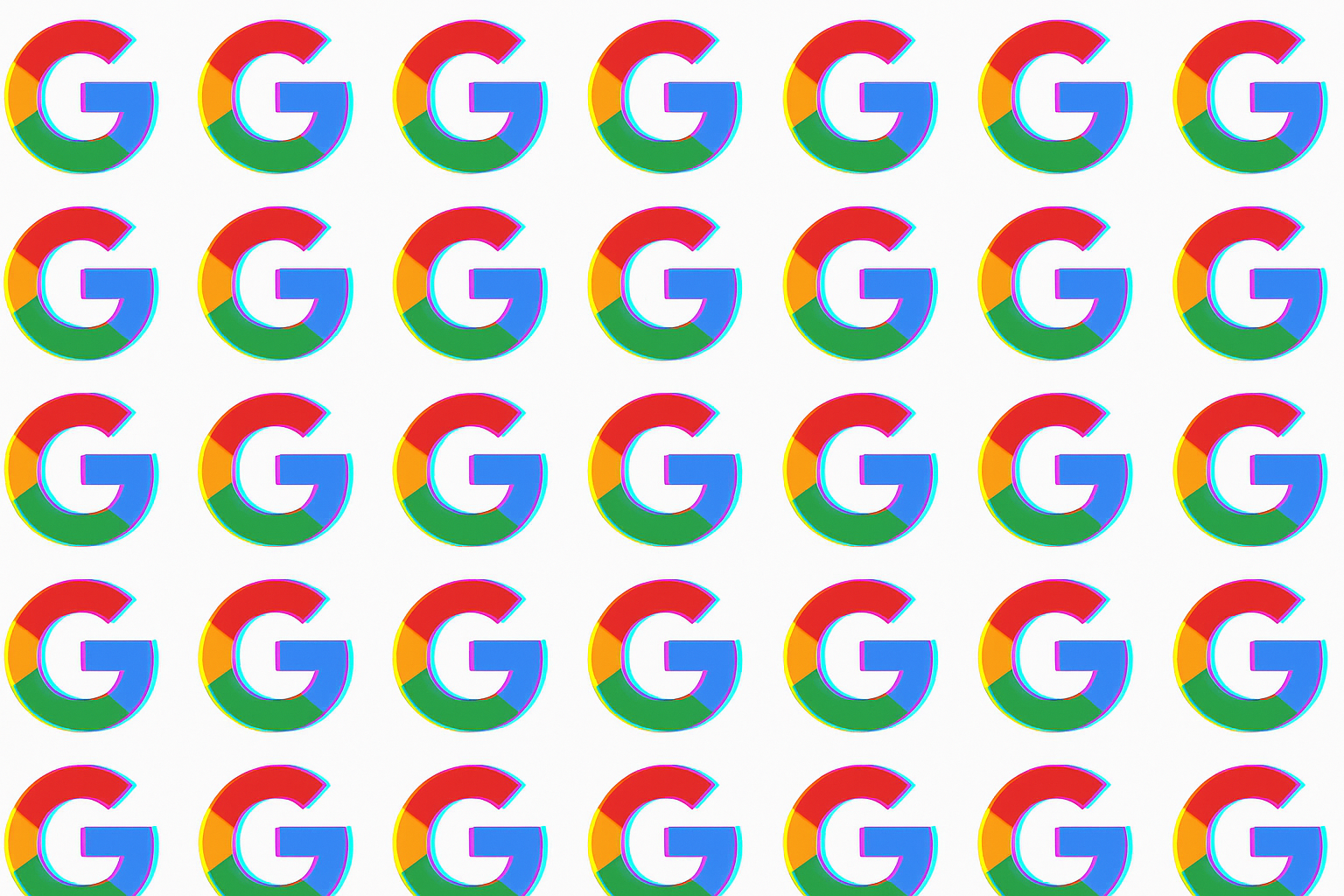Google hands off Agent2Agent protocol to Linux Foundation for open AI agent standard

Several major tech companies have teamed up with the Linux Foundation to launch the "Agent2Agent" project, aiming to create and promote an open communication standard for AI agents.
The standard, known as A2A, was originally developed by Google and now forms the basis for the new initiative.
A2A is designed to let AI agents from different providers recognize each other, share information, and coordinate tasks. Right now, there are few technical standards for this kind of collaboration, and the companies hope A2A will help prevent a fragmented landscape of proprietary systems.
Google hands over control to the Linux Foundation
Google has transferred the protocol, including its specification, development tools, and software libraries, to the Linux Foundation to ensure vendor-neutral development. Other companies involved include Amazon Web Services, Cisco, Microsoft, Salesforce, SAP, and ServiceNow.
The project has four main goals: establishing an open industry standard, building a broad developer community, ensuring vendor-neutral governance, and enabling secure cooperation between agents.
In the long run, the group plans to develop additional standards, for example for agent identity, delegated decision-making, security rules, and reputation systems. Anyone interested can get involved through the project's GitHub repository.
According to Google, more than 100 companies already support the protocol. AWS and Cisco are joining as new validators, and the Linux Foundation is taking over management to guarantee neutral access and open participation.
Google's A2A and Anthropic's MCP
Alongside A2A, Anthropic's Model Context Protocol (MCP) is also emerging as an open standard. MCP defines how a single AI agent connects data sources, tools, and memory to a language model. While MCP standardizes context within an agent, A2A defines communication between agents. Together, the two protocols could create an open, vendor-neutral infrastructure for AI agents.
AI News Without the Hype – Curated by Humans
As a THE DECODER subscriber, you get ad-free reading, our weekly AI newsletter, the exclusive "AI Radar" Frontier Report 6× per year, access to comments, and our complete archive.
Subscribe nowAI news without the hype
Curated by humans.
- Over 20 percent launch discount.
- Read without distractions – no Google ads.
- Access to comments and community discussions.
- Weekly AI newsletter.
- 6 times a year: “AI Radar” – deep dives on key AI topics.
- Up to 25 % off on KI Pro online events.
- Access to our full ten-year archive.
- Get the latest AI news from The Decoder.